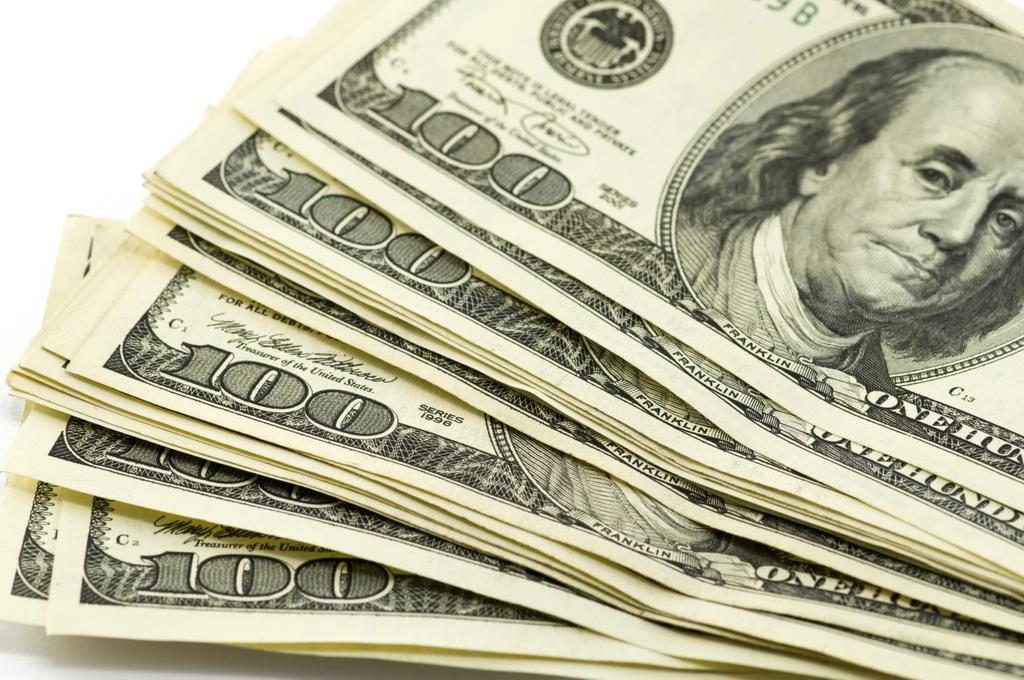
An issue that has been becoming increasingly controversial is that of the domination of the US dollar as the international reserve currency. There are five aspects of this controversy that deserve attention. Firstly there are some inherent problems relating to a currency being a national currency as well as the world currency. Secondly, these problems increase if the economy of this country has becoming less strong over the years, at least in a relative sense compared to some other economies, and if the country insists on using its special position in an irresponsible way to find short-cuts instead of taking efforts to genuinely improve its economy in a real sense. Thirdly, the problems increase further if the country accumulates very heavy debts and deficits. Fourthly, the world gets more worried if this extraordinary position is used to finance very frequent and destructive wars. Lastly, these worries increase further if this country uses its unique position to frequently impose crippling sanctions on other countries, or even resorts to seizing their assets. It is a combination of these factors that has led to the search for alternatives to the hegemony of dollar becoming a more and more important issue. Although some steps have been taken in this direction but a bigger shadow hangs over this entire issue in the form of the possibility of a big and destructive war that may be fought over this issue of whether dollar hegemony at world level continues or not.
After World War 2 the US dollar becoming the leading currency in place of the British pound could be achieved quite easily as the US economy had without doubt emerged as the strongest economy from the ruins of the war and what is more, Britain as the most important US ally (and increasingly a junior ally) was quite OK with this change.
As long as the USA retained its economic and political dominance of the world (and this was accepted by some of the richest countries with big economies), the acceptance of the US dollar as the international currency did not see any major hurdles. It was assumed, or at least hoped, that the USA will use this special privilege in a responsible way. Valery Giscard d’Estang, Finance Minister of France said in 1965 that the US dollar’s prominence in global finance is an “exorbitant privilege”.
A few years later, in 1971, President Richard Nixon made a unilateral declaration that the USA is not obliged any more to provide gold in exchange of dollar. This one-sided de-linking from gold, without due international consultation, led a scholar Susan Strange to observe, that now it is a situation of ‘super exorbitant privilege’.
In an interview Nobel Laureate USA economist Paul Samuelson told People’s Daily online on December 26 2005 (interview with Yong Tang), a time when the US dollar was regaining strength, “In the short run the dollar appreciates relative to the Euro and Yen. That can last for as long as these countries recycle eagerly their trade surpluses with the US into holding dollar assets (such as low-yielding American treasury bonds). Be not misled. So strong and irreversible are American balance of payment deficits, we must accept that at some future date there will be a run against dollar. Probably the kind of disorderly run that precipitates a global financial crisis.”
Samuelson also said that the situation is being worsened by a less then responsible use by the USA of its privileged position. He told the interviewer, “President Bush is a reckless economist leading a reckless crew of subordinates. Spending on a hopeless imperialist caper in Iraq plus Bush giving away to the rich much of America’s tax base, will eventually depreciate the American dollar. Those now abroad who hold dollar assets will then reap the capital losses that they are not now expecting.”
In 2008 Jonathan Kirshner, of Cornell University, USA, wrote in a paper titled ‘Dollar Primacy and American Power: What’s at Stake? – “There are good reasons to anticipate fundamental changes in the international role of the dollar, and concerns about the future of dollar are heard with increasing frequency. Such a change would not only have considerable economic implications; it could shake up foundations of international power politics.”
He added that US trade deficits have been shattering record after record. He commented wryly, “Most other countries would find their back to the economic wall under such circumstances.”
Since then the situation has deteriorated further as the share of the USA in world economy has been declining as well. Add to this the irresponsible use of its privileged position to fight endless wars, impose sanctions against several countries in highly arbitrary ways as well as seize assets of some countries in highly unjustified and unfair ways, and it is not difficult to understand why an increasing number of people feel strongly that the USA has not been using its ‘exorbitant privilege’ in a responsible and fair way.
Hence the reasons which threaten the dominance of the dollar and its willing acceptance by most people of the world go back a long way, although there is a strong trend just now to link it only or mainly to certain policies of the Trump administration.
While this issue is discussed mainly in terms of increasing difficulties of other countries, in fact, taking a wider view, the USA has also been harmed by this exorbitant privilege. To give an example, the USA was tempted to adopt the easy way out of running budget deficits instead of taking the really needed decisions for maintaining the competitiveness of the economy. The ability to run huge deficits led to the USA forgetting the huge costs of getting involved in forever wars, not only causing immense destruction but also hugely cutting into the ethical base of the country and its people.
It has been suggested by some observers that the unresolved currency issue has already led to violence in the past and perhaps a partial reason for some wars was to protect this privilege from being eroded by one or more hostile regimes.
Looking at future, the prospects of a war over this and related issues are probably even higher. Hence while pleading for a more just and fair world currency system, we should also emphasize the need to achieve this in peaceful ways.
Subscribe to Our Newsletter
Get the latest CounterCurrents updates delivered straight to your inbox.
Bharat Dogra is Honorary Convener, Campaign to Save Earth Now. His recent books include Planet in Peril, Earth without Borders, A Day in 2071 and Man over Machine.














































